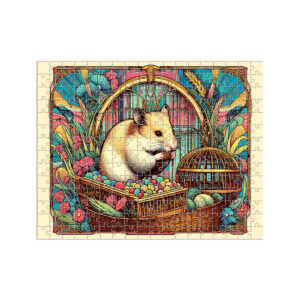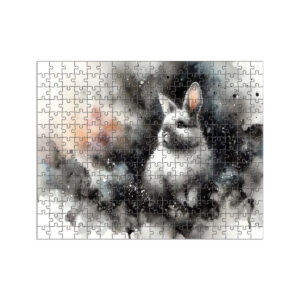
Explore & Play
Discover interesting topics and solve the accompanying crossword puzzle.
Burdens Crossword: Navigating Weight and Stress in Daily Life
Table of Contents
Burdens crossword
You can either fill in the crossword puzzle directly on this page or click the button in the bottom right corner to print it for free.
——————————————
Understanding Burdens: Navigating Weight, Responsibility, and Stress in Daily Life
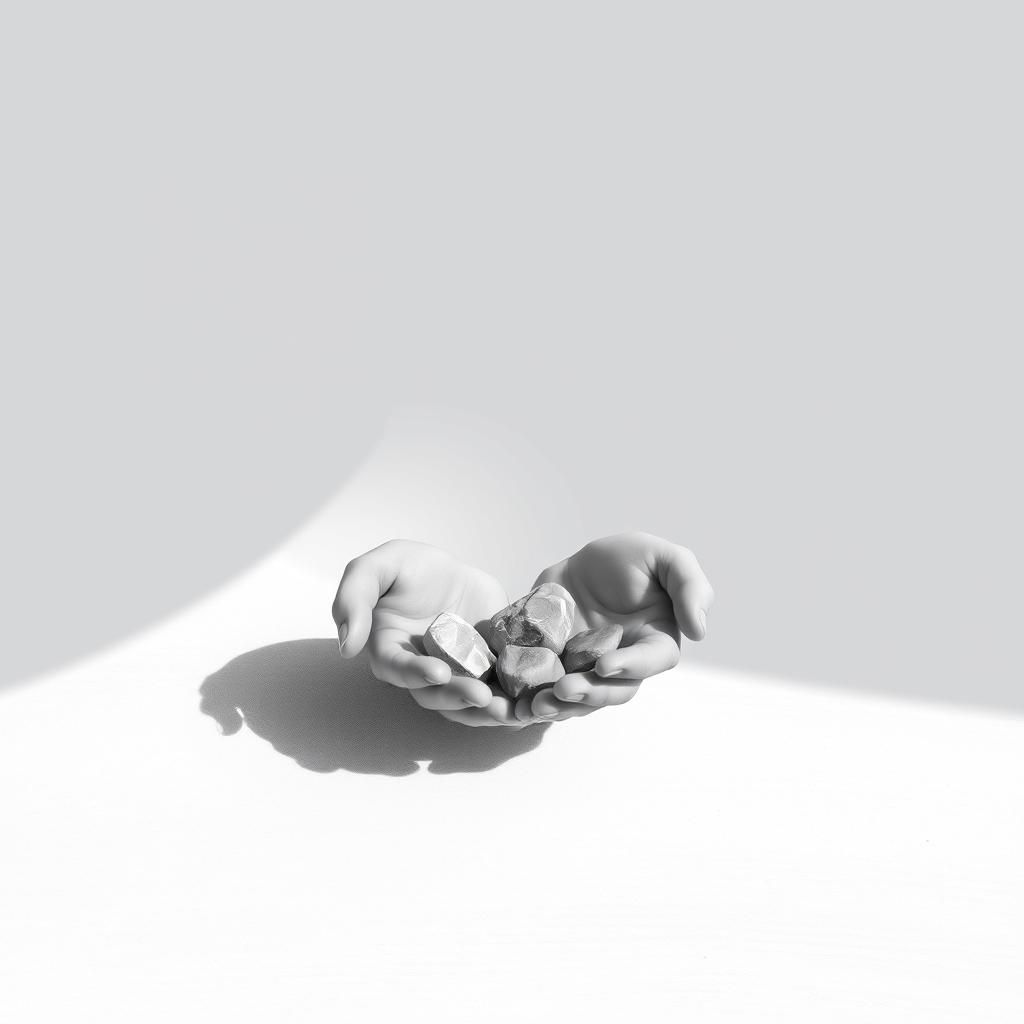
Introduction
Have you ever felt the weight of everything pressing down at once? Burdens show up as the heavy loads we carry—whether physical, emotional, or the invisible weight of responsibility and obligation. They can feel like stones in our pockets or like a quiet anchor holding us steady. There’s no one way to experience burdens, because they wear many faces: some push us down, while others gently nudge us forward.
This article invites you to explore that delicate balance. Burdens are not just obstacles; they can also be invitations to grow, to reflect, and to find new strength. Together, we’ll walk through what burdens really mean, how they shape our daily lives, and how we might learn to carry them with more ease. It’s a quiet space to understand how weight and responsibility interlace with stress and purpose—without overwhelm, just honest reflection.

The Psychological Impact of Burdens
Burdens settle quietly, yet their weight is felt deep within. They stir up stress and anxiety—not as distant ideas, but as lived experience. When responsibilities pile up, and emotions grow heavy, the mind can feel trapped in a loop of worry and restless nights. It’s no surprise that emotional burdens often shadow mental health, nudging some toward depression or sleeplessness.
Interestingly, the way we carry these burdens can differ. Women, for example, tend to report feeling slightly higher stress—imagine this: an average of 5.3 out of 10 compared to 4.8 for men. This suggests that while burdens touch us all, the experience can shift subtly with perspective and circumstance.
Yet stress isn’t only a shadow. It can be a quiet spark—something that pushes us forward. Over 70% of adults say stress actually helps them get things done. It’s the difference between carrying a pack that sharpens your focus, and one that crushes your spirit. Understanding when stress serves us, and when it overwhelms, is a gentle art worth learning. It’s in this balance that the mind finds room to breathe.
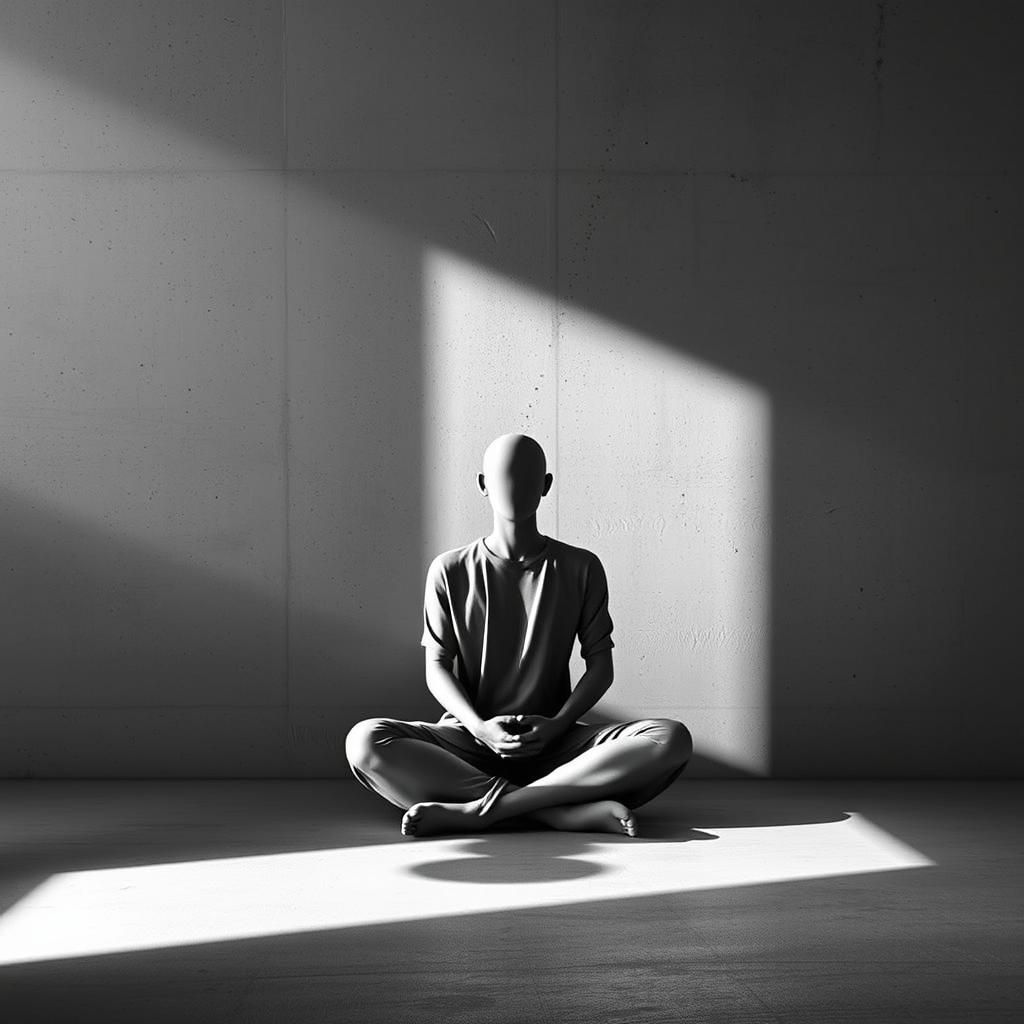
Common Types of Burdens in Daily Life
Responsibilities and Obligations
Life hands us a stack of responsibilities—family gatherings, work deadlines, social promises—that can feel like weights on our shoulders. Yet, it’s easy to slip into the idea that all obligations are burdens. The truth is softer. Some responsibilities carry a quiet purpose, a feeling of belonging or achievement that steady us rather than weigh us down. Think of caring for a loved one or contributing to a team project. These commitments can root us, offering a sense of meaning that gently balances the load.
Trials, Hardships, and Life Challenges
Hardships, especially those embedded deep in our stories, shape us in ways we often only notice quietly, over time. Childhood struggles or moments when life pressed hard can become the forge in which resilience is born. Every trial faced—whether large or small—adds a layer of strength, a whisper of endurance, that we carry forward. Real-life stories abound of people transforming their burdens into sources of courage. It’s a reminder that while burdens test us, they also invite us into growth, if only we meet them with an open heart.
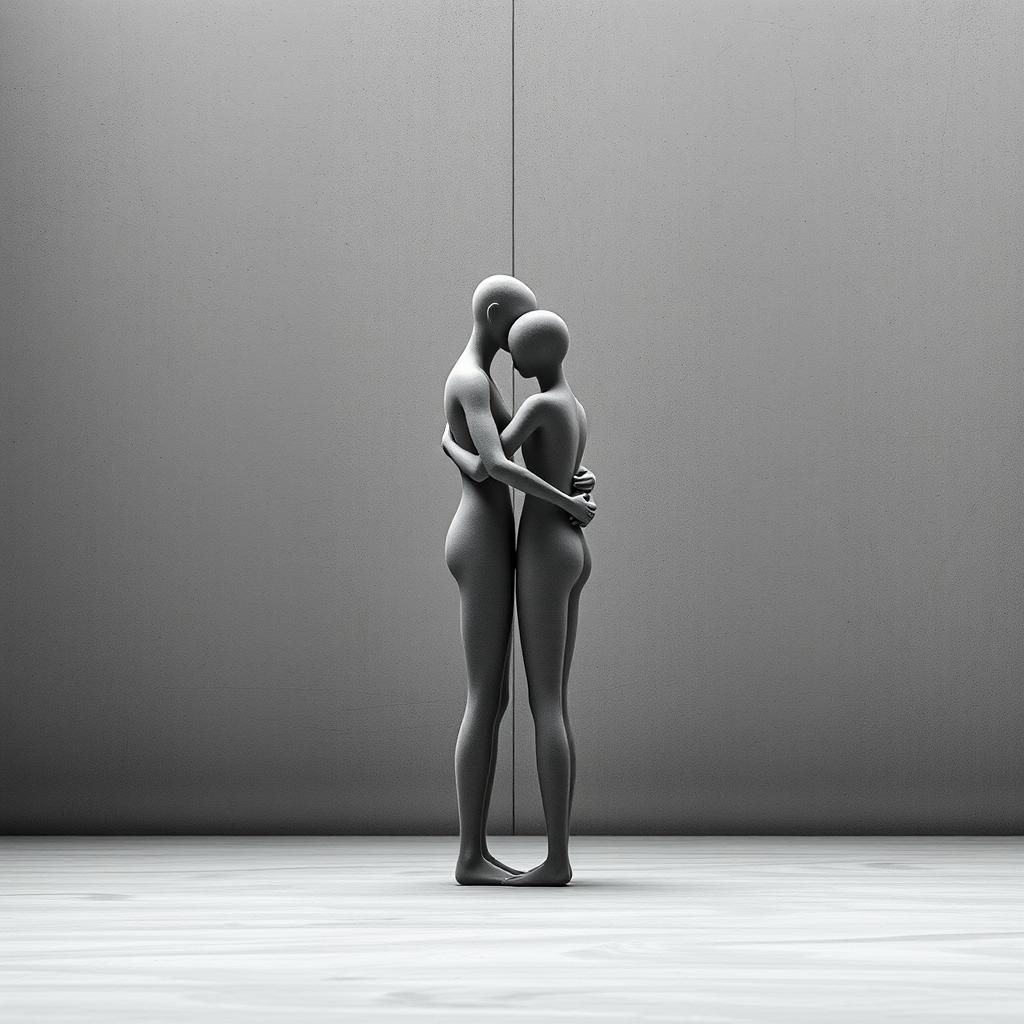
Gender Differences in Experiencing Burdens and Stress
It’s no secret that stress and burdens don’t feel the same for everyone. When we look closer, gender often shapes how people experience and handle the weight of daily pressures. Studies show that, on average, women report slightly higher stress levels than men—5.3 out of 10 compared to 4.8 [SingleCare]. This difference might seem small, but it points to something deeper about how burdens settle in different lives.
Why might this be? One gentle way to think about it is through the lens of expectations. Women frequently juggle multiple roles—caregiver, professional, partner, and more—often all at once. These overlapping demands create a unique kind of load that can feel persistent, even invisible. Society’s quiet expectations can add to the sense that there’s always more to manage, never quite enough time to rest.
On the other side, men can face pressures too, but they might show up differently. Social norms sometimes encourage stoicism or discourage expressing vulnerability, making it harder for men to share or acknowledge stress openly. This can mean burdens are carried quietly inside, sometimes dormant until they find another outlet.
When it comes to managing these burdens, coping styles often diverge along gender lines. Women might gather strength through connection—talking with friends, seeking emotional support—while men might lean toward problem-solving or distraction. Neither approach is better, just different ways of navigating the unseen weight we all carry.
Perhaps the most important insight here is to honor these differences without judgment. Understanding that burdens feel and look different across gender helps create space for compassion—both for ourselves and those around us. It encourages us to listen with kindness, to offer support that matches real needs rather than assumptions.
In the end, burdens become a little lighter when shared—not just because we divide the load, but because sharing invites understanding, healing, and quiet strength to grow. A gentle reminder: whatever your journey with stress looks like, you are not alone. Take a breath, and hold that truth close. 🕊️

Managing the Weight of Burdens
When burdens press in, they can feel like a heavy pack on your shoulders—each step a little harder. But the way we carry that weight can change the journey entirely. Simple practices offer gentle paths to ease and balance, reminding us that even the heaviest loads can find lightness.
Movement is a quiet friend here. Activities like yoga or tai chi aren’t just exercise; they’re invitations to reconnect with your body’s natural rhythm. Like waves softly washing over the shore, gentle stretches and mindful breaths guide your tension toward release. This physical attention helps untangle anxiety’s grip, creating space where calm can settle.
Mindfulness and meditation offer similar refuge. Instead of wrestling with every thought or worry, you simply notice them—floating by like leaves on a stream. This small shift, from resisting to observing, opens a pocket of peace amid the noise. It’s less about fixing and more about allowing, a tender reminder that not all burdens must anchor you down.
Building resilience grows in these moments too. Each time you face hardship with awareness and support, you strengthen an inner quiet strength, like roots reaching deeper into nourishing soil. Leaning on friends, family, or trusted guides does not lessen your courage; it enriches it. You’re never truly carrying your weight alone.
In this gentle practice of managing burdens, you reclaim a sense of agency—learning not only how to bear your load but how to carry it with grace. Pause here for a breath. Feel its soft rise and fall. With each inhale, invite a little more ease; with each exhale, let go of what’s not yours to hold. This is the quiet art of balance, quietly weaving peace into everyday life. 🕊️

Balancing Commitments and Well-Being
It’s easy to get caught up in the idea that all commitments are heavy chains dragging us down. But not every responsibility is a burden in disguise. Some carry a quiet strength — they root us, shape who we are, and bring a steady rhythm to our days.
The first step is noticing when your plate feels balanced versus when it’s overflowing. That moment when tasks and expectations stop feeling manageable, when your energy dips and your mind races — that’s a gentle signal. It says, “Pause. Reflect. What’s really yours to carry?”
Learning to set boundaries doesn’t mean turning your back on what matters. It’s more like choosing which branches of your life you water, nurturing those that lift you up rather than weigh you down. Saying no can open space for breath, clarity, and rest.
Some commitments — caring for a loved one, pursuing a passion, or supporting a friend — might challenge you, but they also offer deep satisfaction. They connect you to meaning beyond daily routines and bring moments of quiet joy or pride.
Remember, well-being isn’t about shedding every burden but about weaving those responsibilities that align with your values into a life that feels whole. When we honor what genuinely matters, the weight of our commitments can shift from heavy to hopeful — a steady pulse that reminds us we are grounded, connected, and capable.
Take a breath. Where in your life might you welcome more ease? What could you gently release, allowing space for calm to grow? These are small acts of care that ripple outward, restoring balance in body and heart. 🕊️
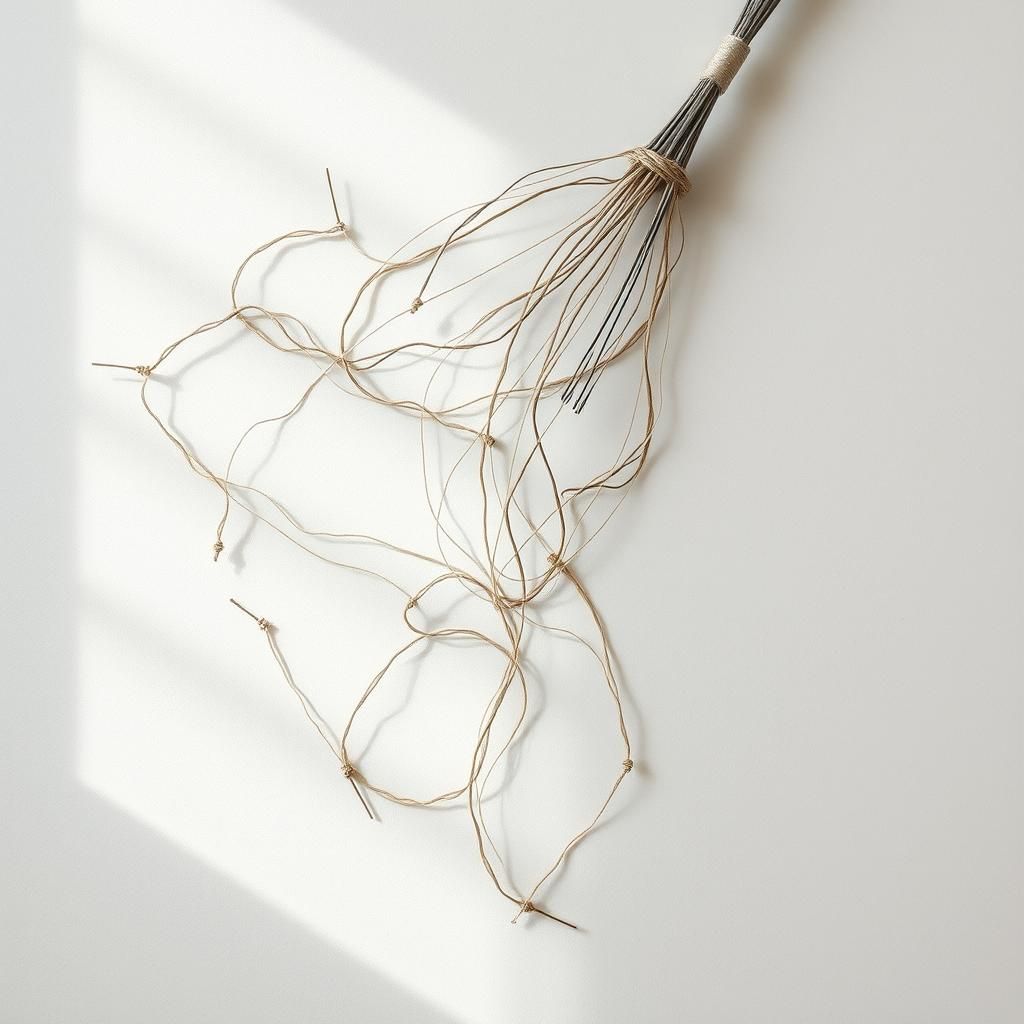
As we come to a gentle close, let’s take a moment to breathe in what we’ve explored together. Burdens are never simply weights to carry—they are complex threads woven into the fabric of our lives. They can press heavily, stretching us thin with stress and anxiety, yet they also have the quiet power to shape resilience, purpose, and growth. Recognizing this delicate balance is the first step toward gentle self-understanding.
You might pause now to reflect: Which of your burdens feel heavy today, and which carry a hint of meaning or motivation beneath their weight? This isn’t about adding pressure, but about noticing with quiet kindness—the soft flicker of growth amidst challenge.
Managing these burdens calls for care, like tending a garden where both thorn and bloom exist. Whether it’s a steady breath, a mindful pause, or seeking support when the load feels too much, small actions can nurture strength and ease. Remember, resilience isn’t about bearing everything alone, but about learning how to bend without breaking.
As you step forward, may you carry this gentle invitation: to meet your burdens not as enemies, but as complex companions on your path. With time, patience, and quiet reflection, the weight can become a source of insight, and the journey, a space of calm growth.
Take a slow breath now—perhaps a small beginning toward balance—and know that each moment holds the possibility to find peace within the load you carry. 🕊️
Share to...
I hope you enjoy the content.
Want to receive our daily crossword puzzle or article? Subscribe!
You may also be interested in
Share to…
Want to receive our daily crossword puzzle?
-
Jigsaw Puzzles
Charming Hamster Art Nouveau Jigsaw Puzzle 250 | 300 | 500 Pieces
kr 348,00 – kr 439,00Price range: kr 348,00 through kr 439,00 Select options This product has multiple variants. The options may be chosen on the product page -
Jigsaw Puzzles
Chinese Zodiac Rabbit Jigsaw Puzzle – Ink Art Series 250 | 300 | 500 Pieces
kr 348,00 – kr 439,00Price range: kr 348,00 through kr 439,00 Select options This product has multiple variants. The options may be chosen on the product page -
Jigsaw Puzzles
Cat & Sunset Wooden Jigsaw Puzzle 250 | 300 | 500 Pieces
kr 348,00 – kr 439,00Price range: kr 348,00 through kr 439,00 Select options This product has multiple variants. The options may be chosen on the product page














